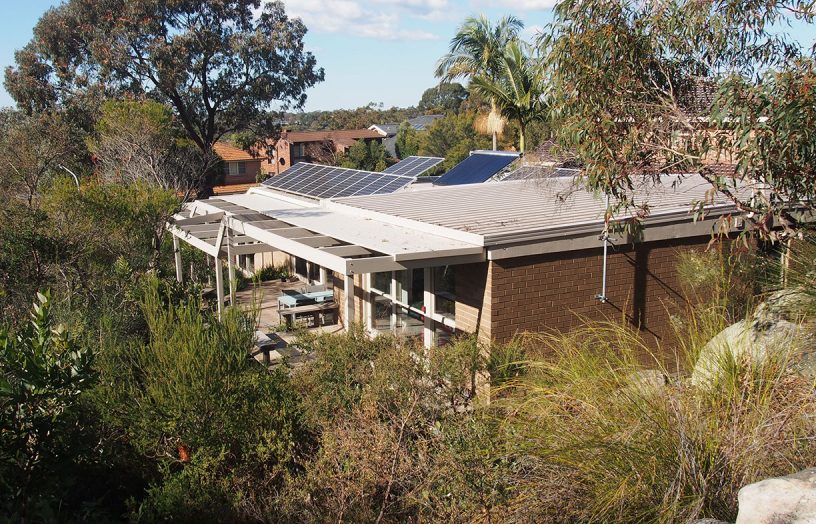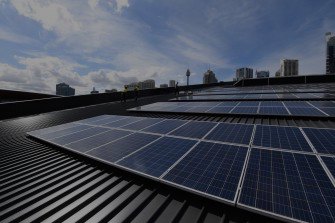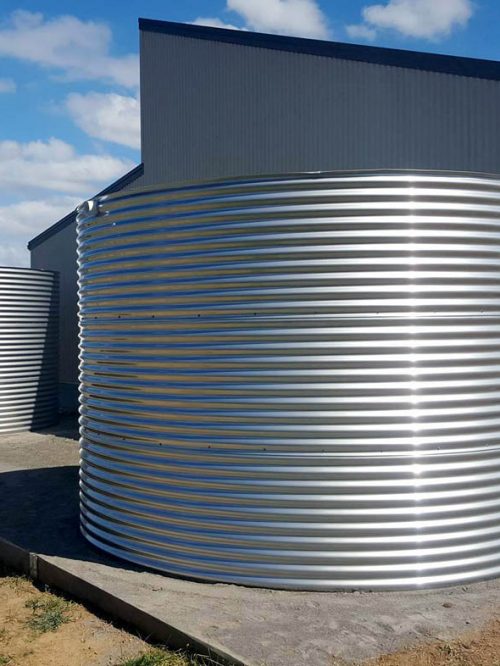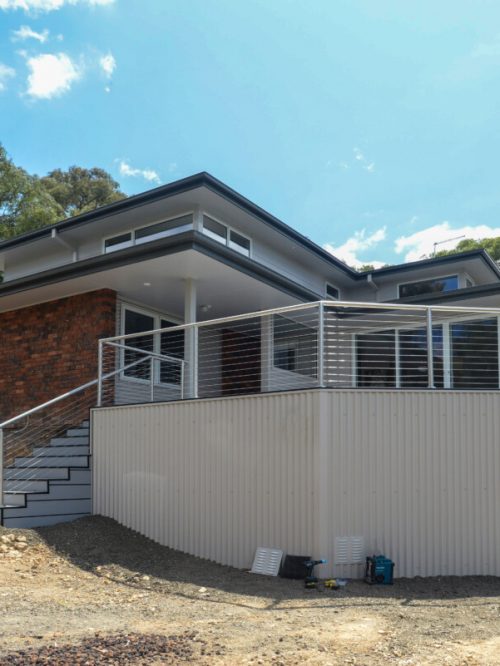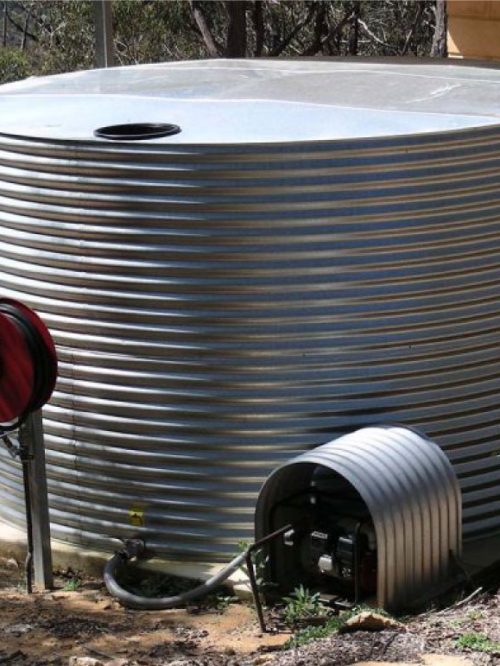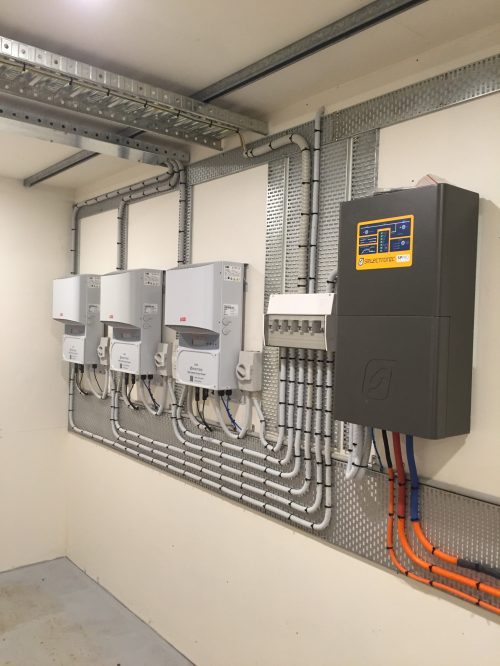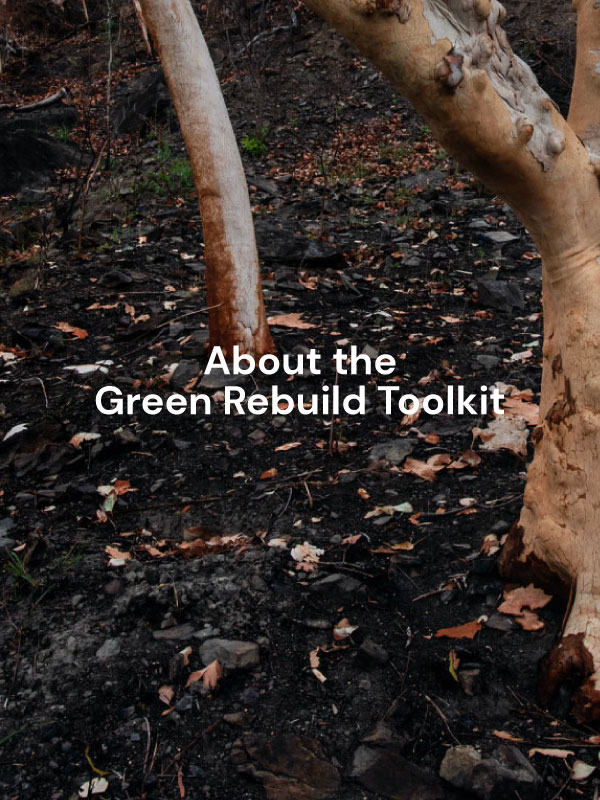There are three main types of solar electricity system to choose from: grid-interactive, hybrid solar and stand-alone power systems. Regional and rural households need to choose which one is right for their needs, especially if living in a bushfire-prone area, or a place with limited ability to connect to the electricity grid.
You can get independent advice on planning your system via a Renew Energy Consult. It’s a chance to work out what size and system design will optimise performance and economics, how to integrate solar with other major loads (e.g. hot water, heating and cooling) and how to source and compare quotes. Find out more about consults here.
Having a good installer on board will help you get the best system for your home, however keep in mind that an accredited installer for a battery installation will have additional credentials (either a grid-connect installation accreditation with a battery endorsement, or grid-connect installation accreditation plus stand-alone installation accreditation).
As with any tradesperson it is best to get multiple quotes, ask questions and obtain references. Word-of-mouth recommendations are always useful, as are online reviews and internet discussion groups.
Choosing a locally-based solar business that’s been around for a while can offer peace of mind that there will be someone on the ground to help enact any warranty issues or fix problems down the track. Such businesses are likely to do an on-site quote, which lets you get a feel for the business and helps avoid unexpected hassles on the day of installation.
If you are talking to a solar retailer, check that they are part of the Clean Energy Council’s Approved Solar Retailer list. These companies have been approved by the CEC as demonstrating their commitment to responsible sales and marketing activities and take responsibility for their sub-contractor installers. In some states and territories, installers must be CEC-approved when it comes to claiming a rebate or subsidy on the system.




